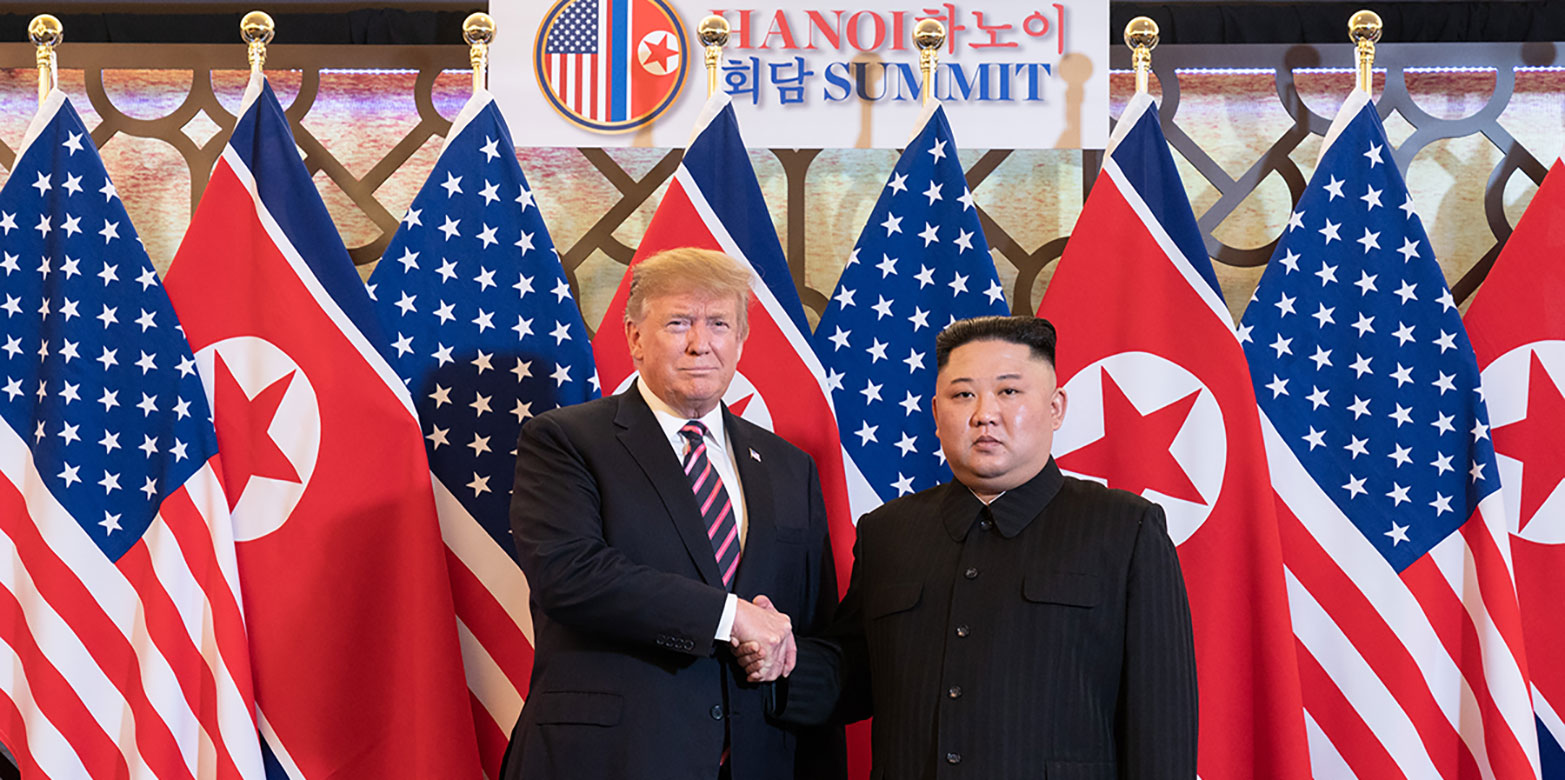The Study of Leaders in Nuclear Proliferation and How to Reinvigorate It
How can we explain a state’s decision to pursue or to abandon nuclear weapon-related activities? Looking at the cases of West Germany, South Korea and Pakistan, this article by Jonas Schneider argues that in order to understand these decisions fully, researchers should take into account the characteristics of the leaders involved.

For both nuclear proliferation and nuclear weapons restraint, the individual characteristics of political leaders - their beliefs, experiences, and identities - frequently play an important role. And yet, theories of proliferation have so far paid insufficient attention to the influence of leaders, focusing instead on international and domestic structures that allegedly determine states’ nuclear choices. This article makes two contributions. First, by showing that important cases of both nuclear weapons pursuit and nuclear reversal cannot be fully understood when neglecting the role of the involved leaders, the article makes a systematic case for an increased analytical emphasis on political leaders in theories of proliferation. Second, the article offers practical advice for scholars seeking to develop proliferation theories that take leader characteristics into account. Specifically, it shows how scholars can preempt endogeneity concerns. Moreover, the article details how changing the dependent variable - from state behavior to leader attitude - could help scholars overcome the aggregation problem in the study of proliferation dynamics.
external pageTo the article in "International Studies Review"
